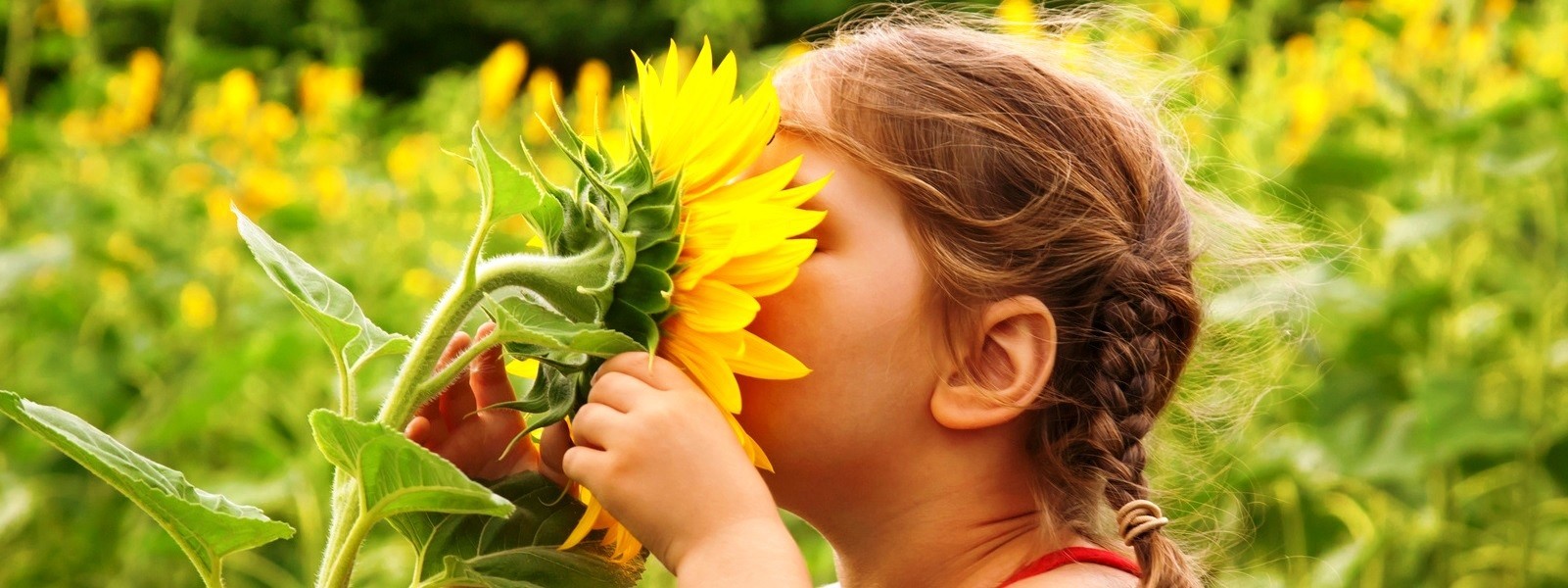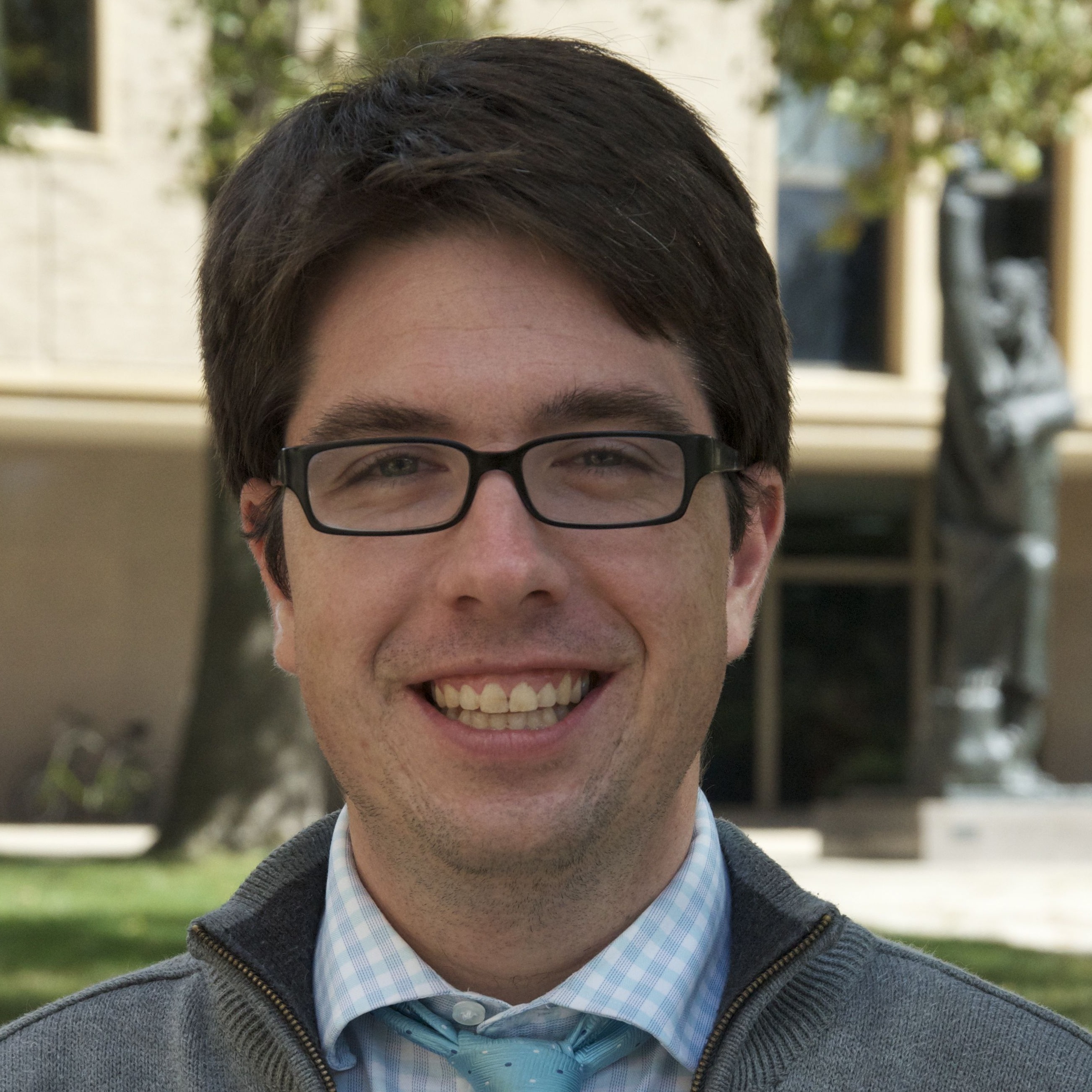Since school has ended (and so too the endless number of meetings), I've been dropping my son off for his final days at preschool. Along the way, we listen to Caspar Babypants, the greatest of all child artists. After listening many times to Messy Face, his favorite tune at present, I drop him off.
My son has never been one to bemoan school. Actually, as soon as we mention that the present day is a school day, he gets off the couch and waits at the door to leave. He loves to be apart from us, learning to write his name, to participate in circle time, and presumably to play an array of toddler games that we can only imagine. His mother normally must drag him away from school when it's time to go home.
Over the last semester since he began his scholastic career, I've noticed that our son has learned things that we didn't teach him. He has become an expert at spelling and writing at least the first two letters of his name. He has developed a taste for the darker colors of the Crayola Box, a Gothic Jackson Pollock in the making. Last week, he began to dance in a way I've never seen before. The child whose interior life seemed to me like an open book has been closed just a bit. He is developing a secret life, a life apart from what I know about my little man. What is he thinking? Where does his imagination wander? Where did he learn to dance like that?
I suppose this kind of realization happens to all parents as they come to perceive that the child who they seemed to know so well has a life apart from us. Of course, we always knew this at least in principle. We watched our child develop a personality, one that was not always discernable in either parent. We watched our child begin to imitate actions, often not simply our own but anyone he or she encounters. We wonder, where did you learn that?
We, in principle, know that our children have secret lives. But, it's not until the child begins to attend school that we recognize how inaccessible this life actually is to us.
As a colleague of mine reminds me often enough, childhood isn't just a stage of our life. Instead, it provides us access into what it means to be a human being. It provides us a theological lens by which we can interpret: what does it mean to be human?
In this case, my son is reminding me that his secret life, his life radically apart from my own, is true of every human being. That I have no purchase on his interior life, despite the fact that I regularly bathe him, change him, and dress him. He is a free person, who shares this interior life with me as a gift. I don't own it. It's not mine. It's his. And he often enough gives it to me as an act of love.
There's nothing like your child suddenly revealing that he has been praying all along during the Eucharistic Prayer, that he knows the sign of the cross, or that despite his normal rambunctious activity during Night Prayer, that he actually knows the words of the Nunc Dimittis. Just maybe, he's humming along to them throughout the day.
We at the Institute for Church Life talk often about the defense of human dignity. We do this precisely because every human being, no matter his or her age, his or her capacities or incapacities, has this interior life. This is what makes the human being sacred.
It is the secret life of children, perhaps, that reminds us that the man suffering from severe disabilities also has this interior life. That the elderly grandmother suffering from Alzheimer's has this interior life. Everyone has this interior life, one that is not dependent upon one's importance within society.
The gift of human existence is that we often choose, if we are able to, to share this life with one another. There is something almost Trinitarian about this. That the depths of our interior selves are often bestowed as a gift to others. Our inaccessibility, our musings, our very selves are given to another.
Because my son is going to school, in many ways, I can't look at him in the same way anymore. He is no longer an open book for me. There is a secret to him, which I can't access. And that he often enough shares with me. I see this sharing now as a gift. As something to delight in.
And perhaps, in the secret life of my child, he is already learning to talk to God. To pray. To encounter the working of the Holy Spirit, who is more interior to us than ourselves.
I don't know this yet. After all, he hasn't shared it. But, I hope he does.



